|
|||||||||||||||||||||||||||||||||||||||||||||||

|
|||||||||||||||||||||||||||||||||||||||||||||||
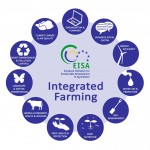 New collection of one-page documents / Integrated Farming – A holistic system for sustainable development in European agriculture / Latest EISA-brochure available for download on EISA website
New collection of one-page documents / Integrated Farming – A holistic system for sustainable development in European agriculture / Latest EISA-brochure available for download on EISA website
Integrated Farming (IF) is more than the sum of its individual parts: it is a holistic and systematic approach, which understands and focuses on … Read more …
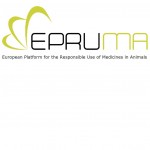 European Antibiotic Awareness Day: EPRUMA calls on the EU institutions to promote the Responsible Use of veterinary medicines within the EU antibiotic strategy
European Antibiotic Awareness Day: EPRUMA calls on the EU institutions to promote the Responsible Use of veterinary medicines within the EU antibiotic strategy
Brussels, 18 November 2013 – EPRUMA reiterates its support to the European Commission action plan on antibiotic resistance and calls on the EU institutions to promote the Responsible Use of veterinary medicines across all EU Member States. Read more …
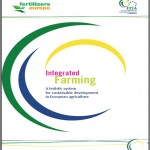 Integrated Farming (IF) is more than the sum of its individual parts: it is an holistic and systematic approach, which understands and focuses on the interactions between all management decisions and practices on a farm. It is a dynamic system, equally open for innovation and the best of tradition, with continuous opportunity for further improvement.
Integrated Farming (IF) is more than the sum of its individual parts: it is an holistic and systematic approach, which understands and focuses on the interactions between all management decisions and practices on a farm. It is a dynamic system, equally open for innovation and the best of tradition, with continuous opportunity for further improvement.
This set of sixteen single page documents highlights the contents of the eleven chapters of the EISA Integrated Farming Framework. The additional pages expand on related topics. With these key papers, EISA aims to contribute to a better understanding of the complex process of producing sufficient high-quality food while meeting the environmental and social challenges of sustainable development. Read more …
The production of this brochure was kindly supported by the associate EISA member Fertilizers Europe.
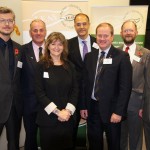 Speakers at LEAF’s (Linking Environment And Farming) annual President’s Event on 5th November entitled “Sustainable Agriculture: Show me the money”, highlighted the multiple ways in which farmers can maximise the three pillars of sustainability – economic performance, environmental quality and social health – to drive their businesses forward. Read more …
Speakers at LEAF’s (Linking Environment And Farming) annual President’s Event on 5th November entitled “Sustainable Agriculture: Show me the money”, highlighted the multiple ways in which farmers can maximise the three pillars of sustainability – economic performance, environmental quality and social health – to drive their businesses forward. Read more …

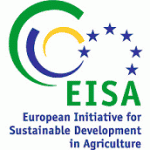 PEN SPEAKS TO PATRICK WRIXON ABOUT EISA AND INTEGRATED FARMING (IF):
PEN SPEAKS TO PATRICK WRIXON ABOUT EISA AND INTEGRATED FARMING (IF):
An alliance of national organisations of seven European countries (Austria, France, Germany, Hungary, Luxembourg, Sweden and the UK), the European Initiative for Sustainable Development in Agriculture (EISA) was founded in May 2001 with the aim of developing and promoting sustainable farming systems, which are an essential element of sustainable development. Read more…
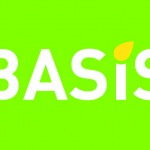 BASIS and LEAF (Linking Environment And
BASIS and LEAF (Linking Environment And Farming) have developed a new Integrated Farm Management (IFM) course, designed to provide farmers and advisers with the skills and knowledge to take a whole farm approach to more sustainable farming.
Farming) have developed a new Integrated Farm Management (IFM) course, designed to provide farmers and advisers with the skills and knowledge to take a whole farm approach to more sustainable farming.
Read more …
Local news